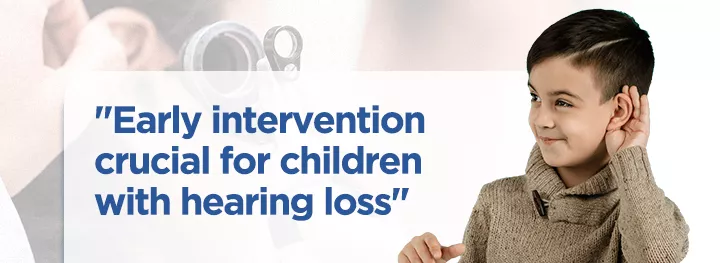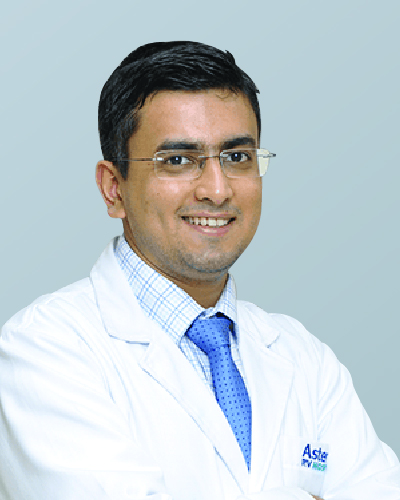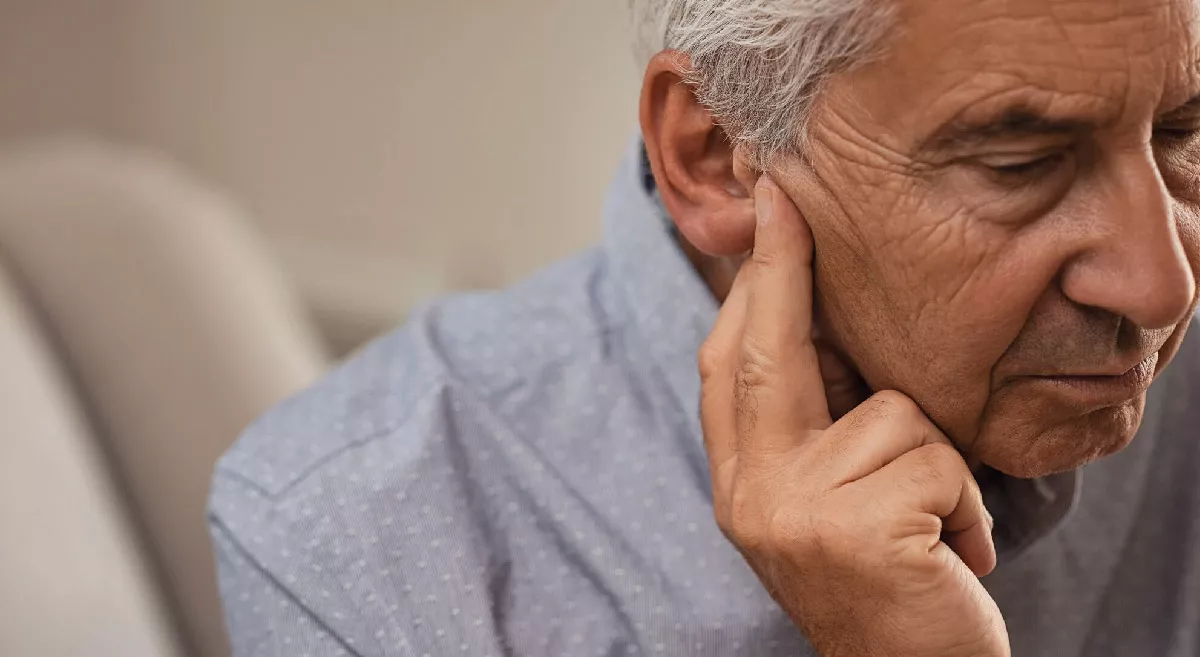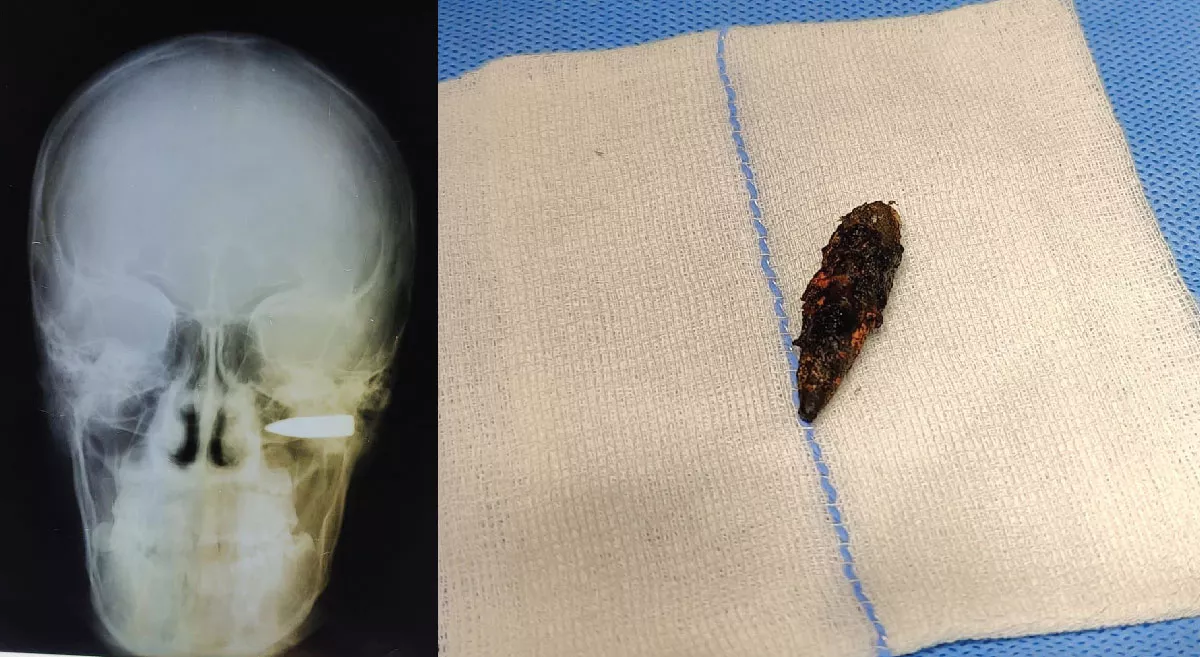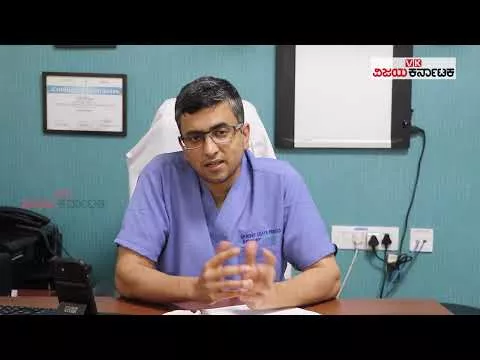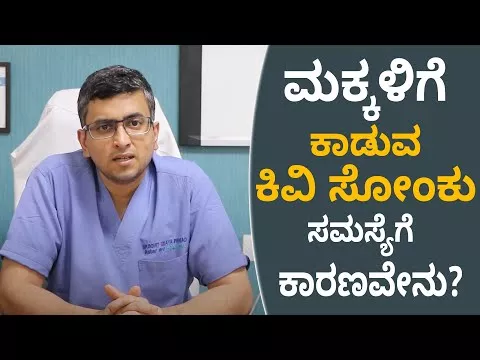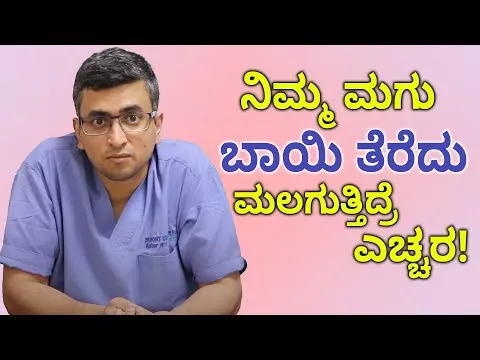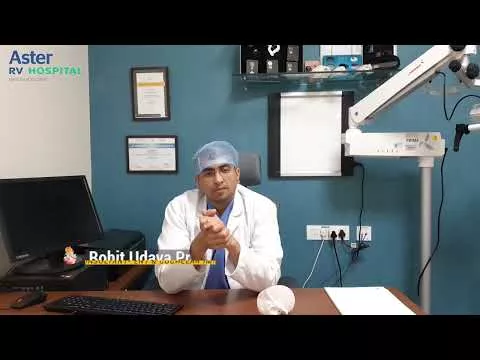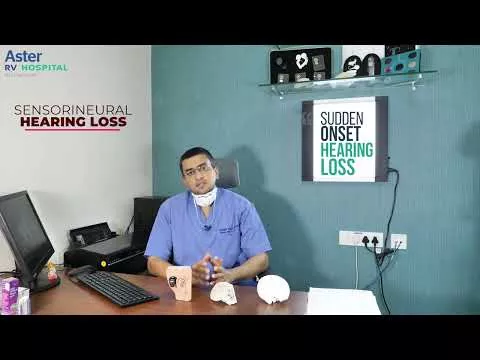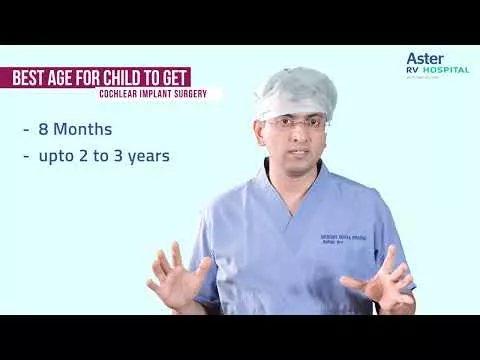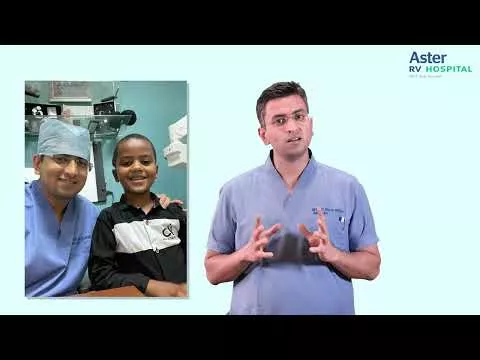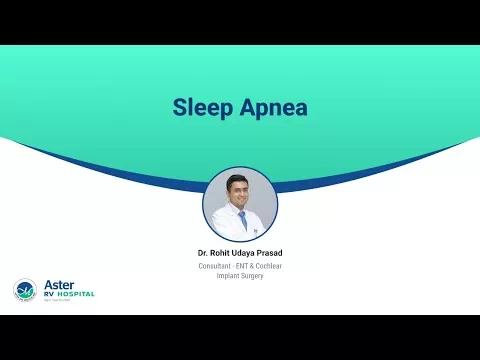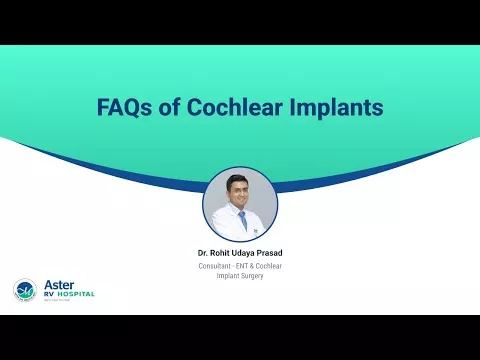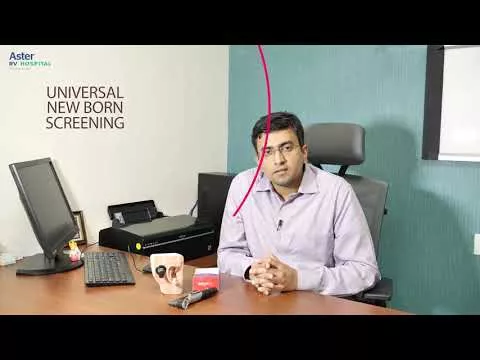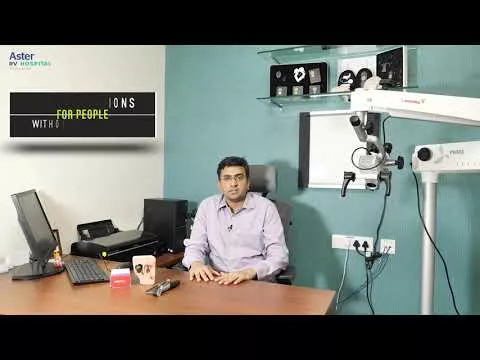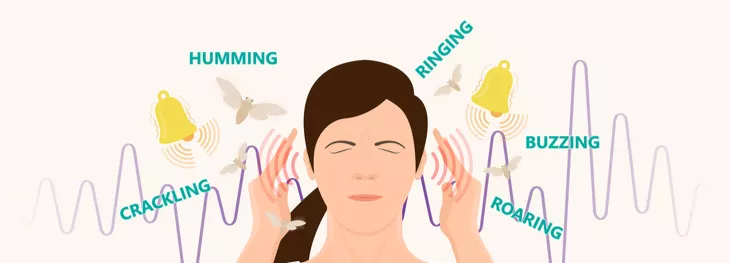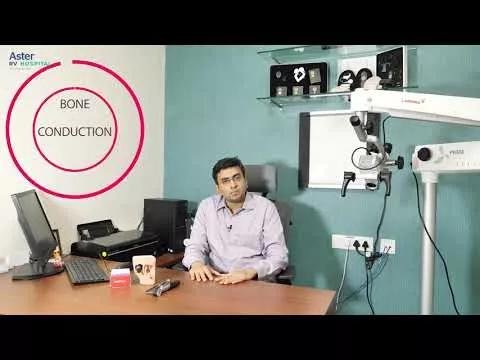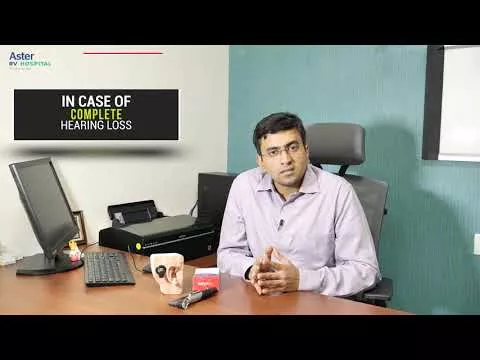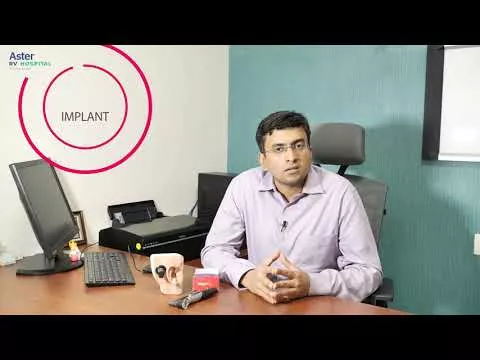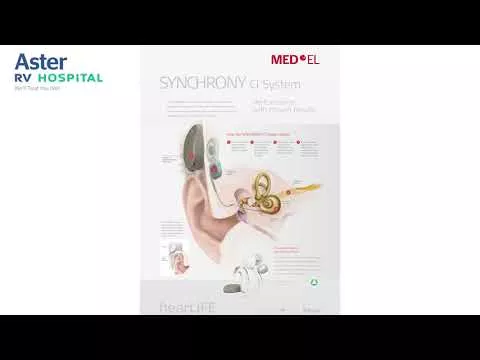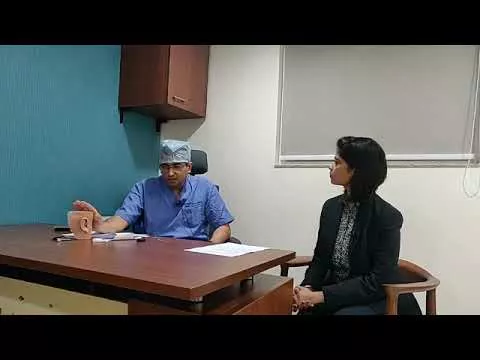Every sense organ present in the human body enables one important function. Any malfunction in one or more of these sense organs may affect the entire body, and more so in children overall development. The number of issues that has been rising day by day is found to be Hearing loss in children.
Speech and hearing are the most significant and essential factors for a growing child than an adult. As these are the resources for learning, playing and building social skills during the years of growth. If a child suffers from hearing loss, and it is not known or untreated, then the child will lose moments happening in their environment that is especially in relation to speech and language. The delay in the development of speech and/or language, social-behavioural problems and academic difficulties will likely happen if the treatment or action for the same is delayed or neglected.
As per WHO, 60 per cent of childhood hearing problems can be prevented at an early stage. The hearing loss is permanent if a child has a loss of hearing in a sensorineural way. In several children, the temporary hearing loss may be recovered with medical care or minor surgery. Although due to the advances in medical science, nearly all hearing loss can be treated if it is detected on time. The keystone for better listening and speech results is effective intervention conducted at the earliest.
Hearing loss in children may arise as a consequence of different factors, regardless of whether they are congenital or acquired. Children can experience conductive, sensorineural, or mixed form hearing loss.
The potential causes of congenital hearing loss are:
Infections during pregnancy (German measles, toxoplasmosis, and cytomegalovirus).
The use of Ototoxic drugs during pregnancy
Complications of birth
Nervous system or brain disease
Genetic syndromes, for example, Syndromes of ushers, down, and Waardenburg.
Family history of hearing loss
The acquired hearing loss is likely to arise due to any of the following reasons such as middle-ear infections left untreated, other illnesses, such as meningitis, mumps, measles or whooping cough, perforation of the eardrum, prolonged exposure to extreme noise such as explosions or loud music, diseases such as otosclerosis or Meniere's disease, serious head injury, ototoxic medication and earwax.
Early Diagnosis and Intervention:
The early diagnosis and intervention provide the most effective care. Universal screening of newborns is carried out at birth to identify children with possible hearing loss. Such children can be further tested when detected with a set of audiological and radiological tests of the inner ear structures. Children with medium to extreme hearing loss should be treated as early as possible, say 8 months of age with the help of cochlear implant surgery.
The child can undergo aural habilitation after cochlear implant surgery, and develop good hearing and speech. It will enable the child to go through mainstream schooling and live a normal life.
The age of neural emergency in congenital hearing loss is up to 2 years old. The best possible results in terms of speech and hearing will be obtained if progress is made during this time span. Delay in cochlear implant surgery, decreased hearing results and expressive language.
Despite that, watching the child for any signs of possible hearing loss is important. Many of the children's notable signs include:
Increasing the tv volume too high
Not listening correctly to questions
Not answering to call
Watching others copy what they are doing
Having articulation difficulties or speech /language delays
Academic failure
Earaches, ear pain or head noise issues
Trouble in hearing what people are saying
Pretending to talk differently from other children of his or her own age group
It is very important for parents, teachers, nurses, guardians and doctors to monitor the child closely for any of the above-mentioned symptoms to ensure that they are provided with early detection, early hearing aids for fitting / cochlear implant surgery where appropriate, early implementation of special education programs that can help improve the child's hearing to understanding and ensure early development.
If not noticed, hearing loss is a lifetime loss for a child facing developmental problems, emotional difficulties, struggle for self-esteem, and life-long social challenges.
Dr. Rohit Udaya Prasad, Consultant in the department of ENT & Cochlear Implant Surgery at Aster RV Hospital.
Consult the Best ENT surgeon in Bangalore at Aster RV hospital located in JP Nagar.
